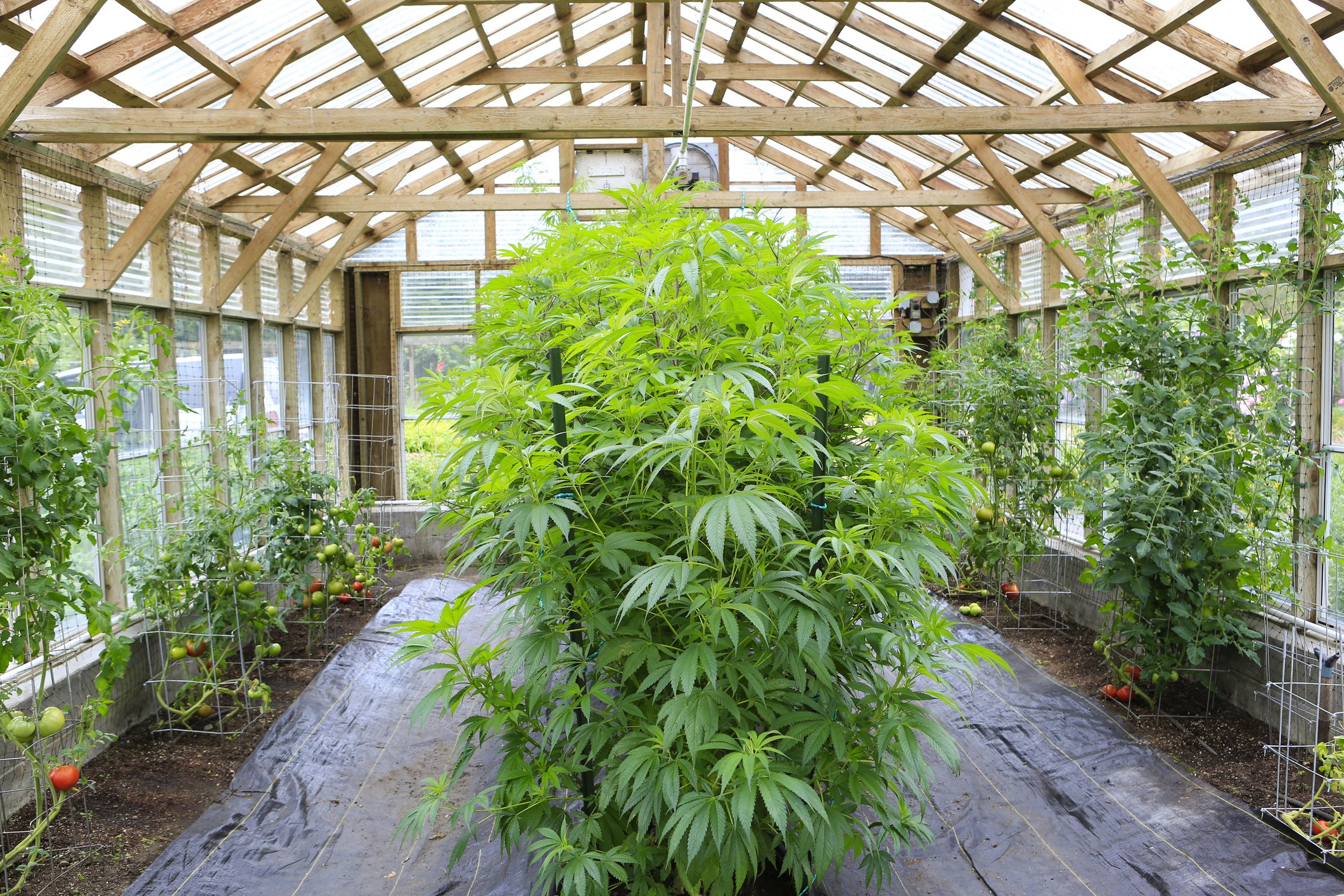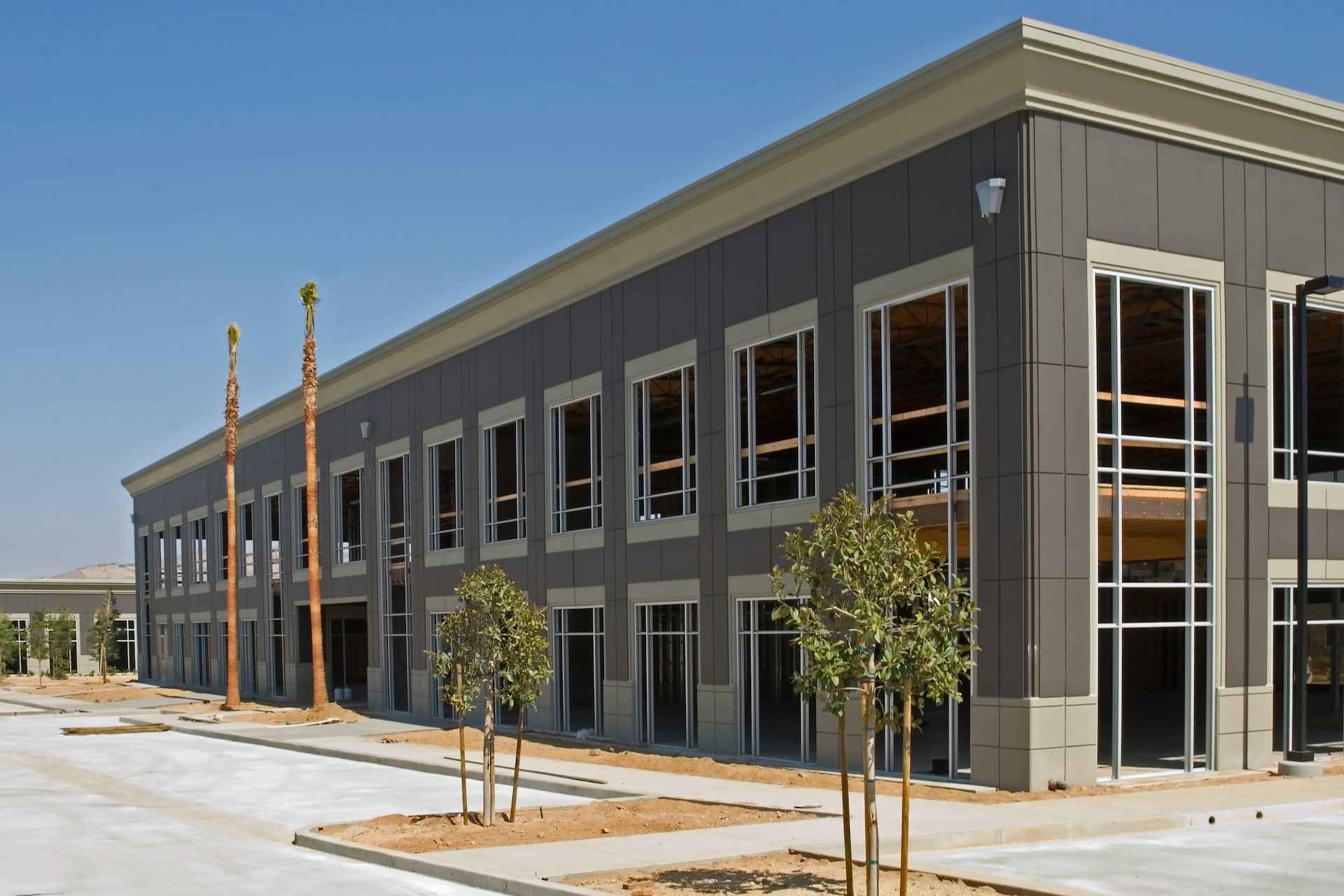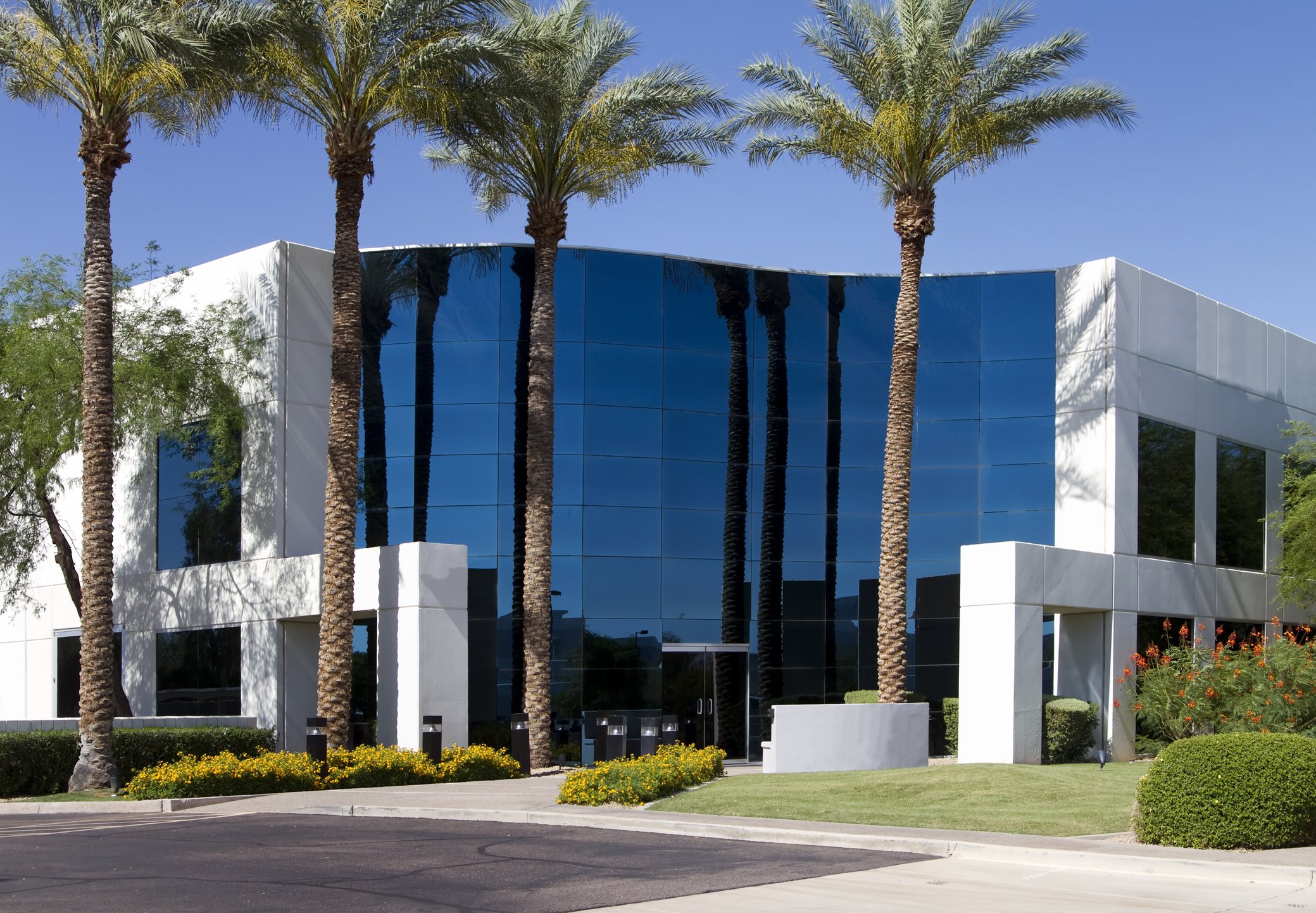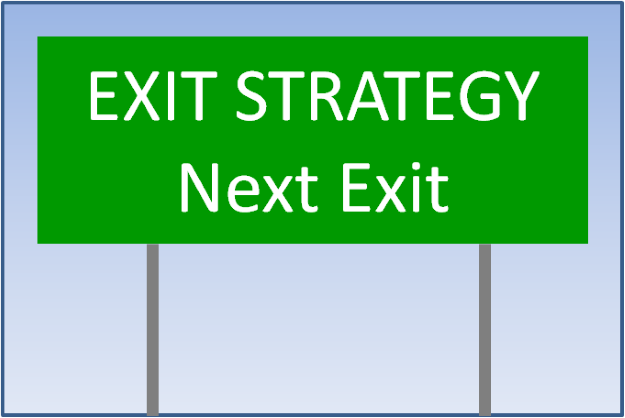Financing Options for California Cannabis Landlords — 2024
If you're a Golden State real estate investor with tenants in the legal marijuana business, you'll want to know your financing options to use...

From 2016-2017, I received five calls a day from people looking for hard money loans on cannabis properties. I spoke to a variety of people and heard all kinds of financing scenarios. Most didn’t go anywhere, while others led to some excellent hard money loans still on the books with the lenders that funded them seven years later.
Below are the top 10 problems that borrowers face when seeking a mortgage against their cannabis properties.
If a loan isn’t very strong, chances are it’s been shopped all over the place by mortgage brokers who don’t realize that the loan as presented has zero chance of being funded. When I get one of these loans, I call one or two lenders to see how many times they’ve encountered it and what’s wrong with it. They’re almost certain to have seen it a few times and can tell me why it can’t fund (overleveraged, no liquidity, currently in foreclosure, lost their permits, etc).
I mentioned above how cannabis tenants have been paying 50-300% above market rents. Well, some appraisals use the inflated cannabis rents to determine value. An investor will buy a small warehouse for $2 million with a $1 million hard money loan (50% LTV). Two years pass and the property appraises for $10 million using elevated rents. The owner calls around asking for a $5 million loan on their $10 million building.
Crickets.
Nobody is doing that loan. And, the owner knows it, but they still want to put feelers out to see if anyone would be willing to give them $4 million cash out.
The reason why this doesn’t work is that if the borrower defaulted on the loan and the lender took the property back through foreclosure, a non-cannabis buyer like a plumbing supply business would pay a mere $2 million for the building — a gamble no one wants to take.
The owner was now responsible for the unpaid principal balance (UPB) of about $8.5 million, the yield maintenance of around $1 million, plus standard default and legal fees common with accelerated loans.
Cannabis is very capital intensive. It’s costly to comply with all the laws and regulations to obtain a license. Once you’re up and running, there are high fixed costs until sales start. If a borrower is stretched too thin, they may need to bring in an equity partner to inject capital into the business rather than look for a hard money lender. Hard money lenders only lend against the actual real estate, not equipment and inventory.
Similar to inflated appraised values, inflated crop value estimates are a great way to end a cannabis mortgage call abruptly. I once spoke to an out-of-state farmland owner who was in discussions to lease his property to a hemp grower in the area. The owner believed his farmland was worth five times more than he’d paid two years earlier, based upon his estimate of the value of hemp.
The problem with his estimate was he had inflated the price of hemp four times higher than the actual market, which at the time had a major oversupply problem. His farmland’s value hadn’t magically quintupled in just a few short years, and he wouldn’t be pulling cash out to replenish his initial investment.
A real estate investor decided it was good business to buy up single-family homes with 12-24 month hard money bridge loans and lease them at inflated rents to illegal cannabis growers. They wanted a cross-collateralized blanket loan to pay off the short-term bridge loans with the condition that the lender could only do drive-by appraisals.
As you might expect, this was unworkable for many reasons.
In 2016, I received a call from a guy who wanted to get in on the cannabis gold rush by building a warehouse for indoor growing in Adelanto, California.
“I want to build a warehouse in Adelanto. I need $13 million to pay for the land, construction costs, all the equipment, all the startup costs, and set aside money to make the mortgage payments.”
“How long of a term do you want?”
“One year. I’m going to make $30 million in my first year. I’ll be able to pay back the $13 million in one year and retire.”
“Thanks, but we’re not interested.”
I couldn’t help but think he had been watching an endless feed of the greatest 1980s and 1990s late night infomercials offering get-rich-quick schemes. Those were the best!
Partner buyouts in cannabis were common over the past few years. The problem arises when a building purchased for $2 million a few years ago now appraises at $10 million. No hard money lender will use the inflated value to determine the loan amount. If the owners are hellbent on using that value, they should do a sale-leaseback by finding an investor willing to pay the inflated price to acquire the building, with the remaining partner paying an inflated lease rate to the new building owner.
Otherwise, if the partners have a realistic value of the real estate where they see the value from the viewpoint of a lender who may have to take back the property through foreclosure if the business doesn’t succeed. If the lender takes the building back, they’d want to market for sale to the largest number of buyers rather than marketing the property exclusively to cannabis buyers.
In 2018, I was on a call with a landlord who needed to refinance the existing loan on the property. He insisted he only needed a three-year loan because the feds would legalize cannabis in the next couple of years, and he could then go to Bank of America for a cannabis mortgage. The private mortgage fund manager abruptly ended the call, letting the borrower know he strongly disagrees, and it’s best the borrower seek financing elsewhere. Five years later, cannabis is still not legal at the federal level.
I’ve spoken to several cannabis operators who bought inexpensive land in a very rural area, where the population was only 400-500 residents. They wanted financing to build a huge warehouse for a major indoor grow.
In theory, it makes sense. Cheap land allows them to save money for the building and the business. However, if the borrower defaults, the lender forecloses and has to sell an excessively large warehouse in a small town with very few buyers and very little economic activity to support a massive warehouse in the middle of nowhere.
Conclusion
I’ve had some interesting loan requests in the past few years for cannabis-related financing. Hard money loans do play an important role in this industry, but that doesn’t mean it’s a good fit for every scenario. For a plan that stretches the boundaries of the law or is overly optimistic – like many of the 10 problems in cannabis mortgage financing listed above – a hard money loan is not the solution.

If you're a Golden State real estate investor with tenants in the legal marijuana business, you'll want to know your financing options to use...

Navigating the world of real estate investing often involves finding the right financing that fits your unique circumstances. Among the options...

Before you take out a hard money loan, you must show your potential hard money lender exactly when and how you’re going to pay off the debt — also...